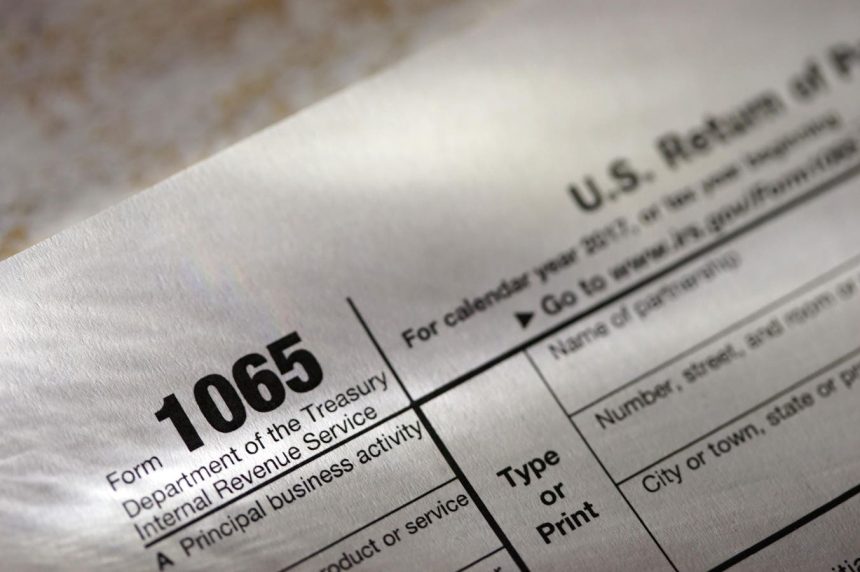In recent years, the IRS has focused its attention and resources on large partnerships. In 2021, the agency launched an initial phase of its Large Partnership Compliance (LPC) program. Under this program, the IRS identified and initiated audits of some of the largest and most complicated partnership tax returns. Later, the agency used artificial intelligence to expand the LPC program to include additional partnerships.
More recently, in September 2023, the IRS announced that it had established a designated pass-through group within its Large Business and International (LB&I) division that, when finalized and ready, would help the IRS continue its focus on large partnerships. At that time, IRS Commissioner Danny Werfel commented:
This new unit will leverage Inflation Reduction Act funding to disrupt efforts by certain large partnerships to use pass-throughs to intentionally shield income to avoid paying the taxes [high-income earners]
owe. These efforts are consistent with our broader commitment to use Inflation Reduction Act dollars to end the era of historically low error rates for wealthy and large entities[.]
And, this year, on May 2, 2024, the IRS announced in an update to its Strategic Operating Plan that it would increase its audit rates of large partnerships—i.e., those with over $10 million in assets—nearly ten-fold as compared to its historical large partnership audit rates. Given the IRS’ increased budget and Congress’ passage of more liberalized partnership audit rules, the agency’s continued warnings that it intends to crack down on large partnerships are not surprising.
With all of this increased scrutiny on large partnerships, many taxpayers may question what partnership items are more likely to give rise to an audit. Of course, large and unusual items naturally increase audit risks. But the IRS has also provided some hints at other potential red flags, which taxpayers may want to take into account in gauging their risks. A few of these are mentioned below.
Partnership Return Balance Sheets
Generally, a large partnership must file a partnership tax return with a balance sheet. Questionable items on a balance sheet may serve as good indicators to the IRS that the partnership either does not maintain good books and records or was careless in reporting those items on the partnership’s tax return. In other words, partnerships with balance sheets that do not reconcile from year to year or that do not balance may serve as signs that the partnership also made tax reporting mistakes.
On January 12, 2024, the IRS announced that it was aware of “ongoing discrepancies” in large partnership balance sheets, which the agency noted was “an indicator of potential non-compliance.” Therefore, partnerships with questionable balance sheet items should be aware that the agency may use this information as an audit-selection tool.
Self-Employment Taxes
Employees and employers must pay employment taxes known as FICA taxes. Similar to FICA taxes, self-employed individuals must pay self-employment taxes known as SECA taxes. The IRS has recognized that some partnerships have taken positions that their limited partners do not have to pay SECA taxes on their shares of distributive income because of a statutory exception known as the “limited partner” exception. In November 2023, however, the Tax Court issued its decision in Soroban Capital Partners LP v. Commissioner, which held that the limited partner exception does not apply to partners who are limited in name only—that is, the exception does not apply to limited partners who actively participate in the partnership’s trade or business.
With its recent win in Soroban Capital Partners, the agency announced on January 12, 2024, that it would increase its compliance efforts on limited partners who claimed they were exempt from SECA taxes. Large partnerships and partners who have taken these positions should be aware of the IRS’ contrary position and support in Soroban Capital Partners.
Distributions In Excess of Outside Basis
Generally, a partner does not recognize gain on a cash distribution from a partnership unless the distribution exceeds the partner’s adjusted basis (also known as outside basis) in the partnership. In turn, a partner’s adjusted basis may change from year to year because outside basis is computed based on the flow-through items allocated to the partner, contributions and prior distributions, and the amount of partnership debts allocated to the partner.
In August 2022, LB&I announced an active campaign for distributions in excess of a partner’s basis. Because outside basis computations generally require good records and tracking over many tax years, partners should be aware of this campaign and their need to produce substantiation of their outside basis in the event of an audit, particularly where there have been large cash distributions in certain tax years.
Read the full article here
















